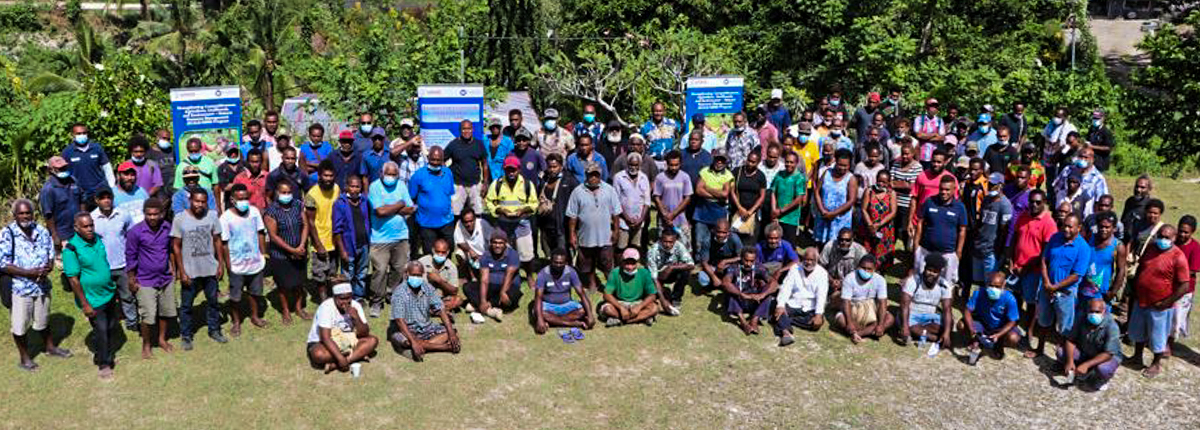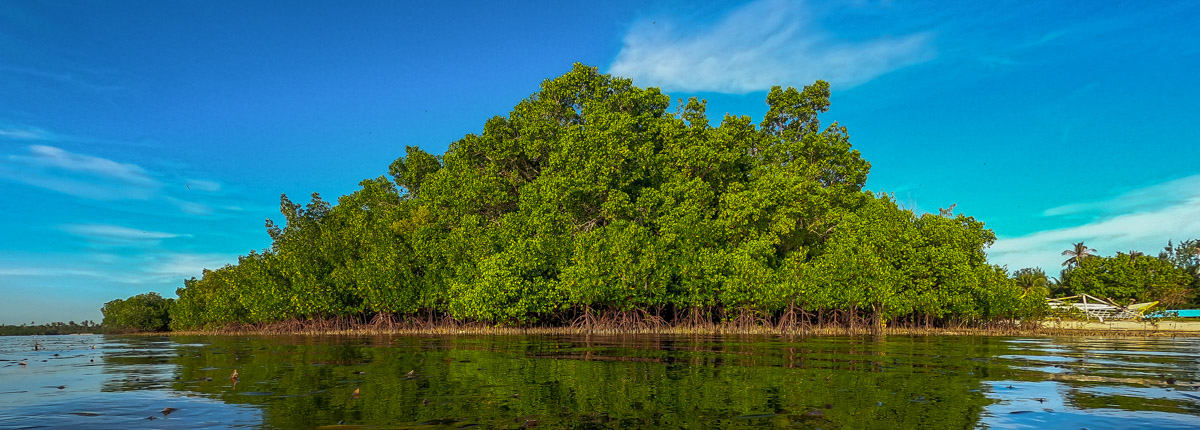
USAID-funded SCALE-NRM releases more grants
The following release was originally issued by the USAID SCALE-NRM project in the Solomon Islands.
AUKI, SOLOMON ISLANDS – The United States Agency for International Development (USAID) Strengthening Competitiveness, Agriculture, Livelihoods and Environment – Natural Resources Management (SCALE-NRM) activity has approved and awarded grants to eight more local organizations and small-scale farmer groups in Malaita province.
SCALE-NRM, a component under the wider SCALE program, initiated the Forest and Development Fund (FDF) as one of its activities under which grants are provided to Solomon Islands organizations for activities that support USAID SCALE’s objectives of protecting forest, enhancing livelihoods, and building capacity of local organizations.
The next eight organizations that were awarded grants include To’okina Tribal Land Conservation Association, Alisuri Sustainable Livelihood Association, Asitolo Association, EFOFuluma Tribal Association, Gwa’abuki Conservation Network, Waneagu Sulanasina Youth Network Association, Faganiwadalena Rural Farmers Association and TPU Honey farmers.
On Dec. 1, 2022, United States Chargé d’Affaires Mr. Russell Comeau launched the first grants to four organizations, welcomed the first American Farmer-to-Farmer international volunteer to Malaita Province, and announced the first partnership agreement under the SCALE Market Support Partnership.
The first four grants that were awarded in December last year were to support two Rural Training Centers that were developing profit-driven tree nurseries and two communities seeking to support livelihoods while protecting their natural resources.
“This brings the total of grants awarded under FDF to 12 for the first FDF call for Expressions of Interest last year. We’re expecting more community groups to be awarded in the coming months,” SCALE-NRM Chief of Party Dr. Morgan Wairiu stated.
United States Chargé d’Affaires to the Solomon Islands Mr. Russell Comeau launched the initial four awards in December last year, during which he said: “The United States is proud to work with the Government of Solomon Islands, the Malaita Provincial Government, the traditional and church leaders, and the businesses and community initiatives to foster a better understanding of how a robust private sector and vibrant community initiatives can contribute to sustainable growth and benefit all Solomon Islanders.”
Permanent Secretary of the Ministry of Forestry and Research Dr. Vaeno Vigulu during the initial launch stated: “The ministry recognizes the multiple uses and benefits that the forestry sector provides to Solomon Islands as a country and wants to maintain a long-term view of the forestry sector that continues to sustain its growing economy, contribute to infrastructure development, maintain the environment and its ecosystem services, and improve the people’s livelihoods.”
Dr. Vaeno added that USAID support through the SCALE project perfectly aligns with the National Forest Policy, and therefore commends USAID and pledges support towards the work and partnership.
More applicants from the first and second round of FDF are expected to be awarded grants in the coming months.
* * *
USAID’s SCALE is a comprehensive five-year project to advance economic competitiveness and inclusiveness with specific emphasis on the development of the agribusiness sector and improved management of the forestry sector. In line with the Solomon Islands’ National Development Strategy 2016-2035, USAID SCALE initiative targets three sub-objectives: (a) improve the enabling environment for increased trade and investment; (b) promote the expansion and further development of the agribusiness sector; and (c) improve natural resources governance. USAID will integrate technical assistance and investment financing for small-scale infrastructure to support the growth of the agribusiness sector. USAID SCALE initiative is a national five-year, $25 million (SBD $205.5m) investment in economic growth and trade in the Solomon Islands with an initial focus on Malaita Province.
Related Projects

